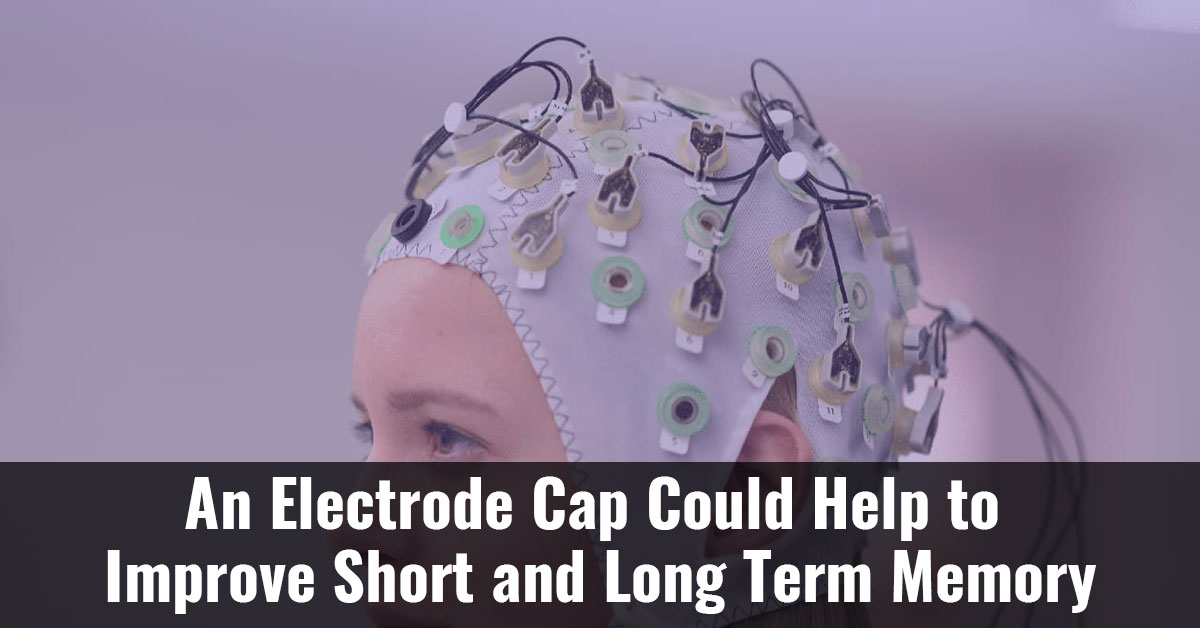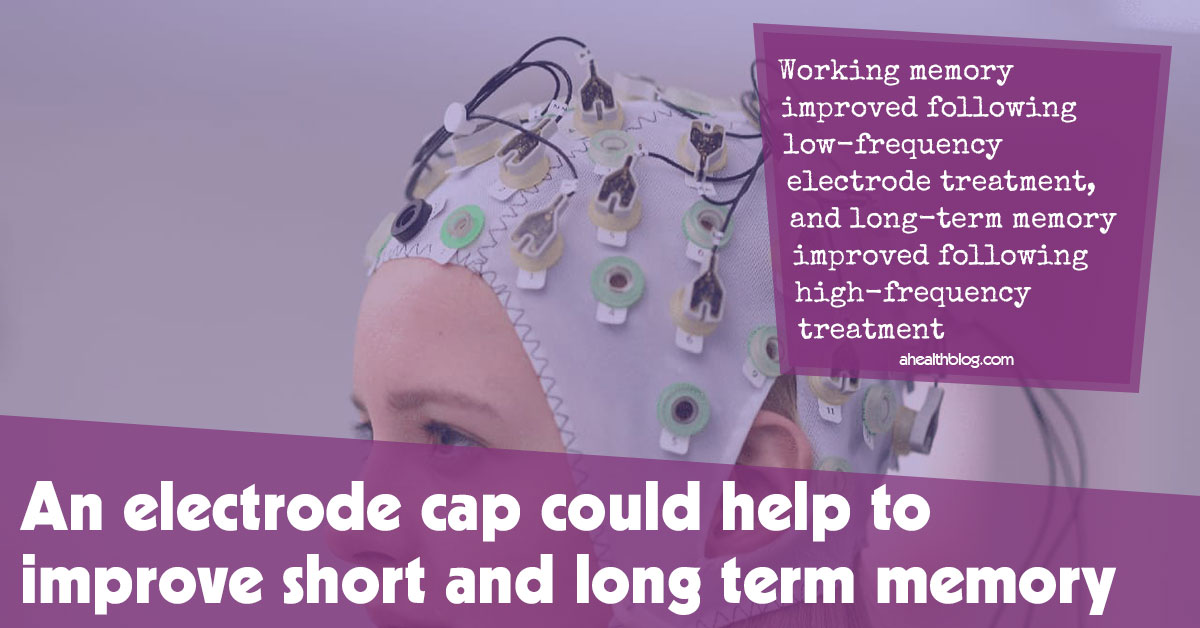A study has shown how memory function can be improved in older individuals with a noninvasive treatment that delivers low and high frequencies via electrodes in a wearable cap which could provide a more effective memory loss treatment.1✅ JOURNAL REFERENCE
DOI: 10.1038/s41593-022-01132-3
This treatment for targeting memory function was delivered via scalp electrodes and it was shown that electrical stimulation of the brain for twenty minutes on 4 consecutive days improves working and long-term memory in people older than 65 for a minimum of 30 days.
Working memory improved on day 3 and day 4 and 1 month following low-frequency electrode treatment, and long-term memory improved on days 2 to 4 and 1 month following high-frequency treatment. The results show that the aging brain’s plasticity can be selectively changed by making use of these 2 treatments.
The researchers stimulated the brain for 20 minutes for several consecutive days which produced improvements in long-lasting memory that endured for 30 days. The effects endured for just 50 minutes in an earlier study.
Two methods of brain stimulation were developed for this study, one low-frequency parietal stimulation method that selectively improved short-term memory, and another high-frequency prefrontal stimulation method that selectively improved long-term memory.
A growing older population contributes to additional social, personal, economic, and healthcare costs. A contributing factor to these costs is the impairment of basic memory systems necessary for everyday life activities, which include understanding language or making financial decisions.
The decline in memory in the course of aging varies in severity from person to person, with a rapid decline a potential predictor of Alzheimer’s and other types of dementia.
Current impaired cognition therapies are limited by slow improvement, mixed treatment results, and side effects and risks. For these reasons, innovative treatments are urgently needed that can provide quick and lasting improvements with little to no side effects.
These study results are clinically significant because there are individuals who just have short-term memory issues and other individuals who just have long-term memory issues. So, having methods available that can deal with each of these memory issues is valuable.




